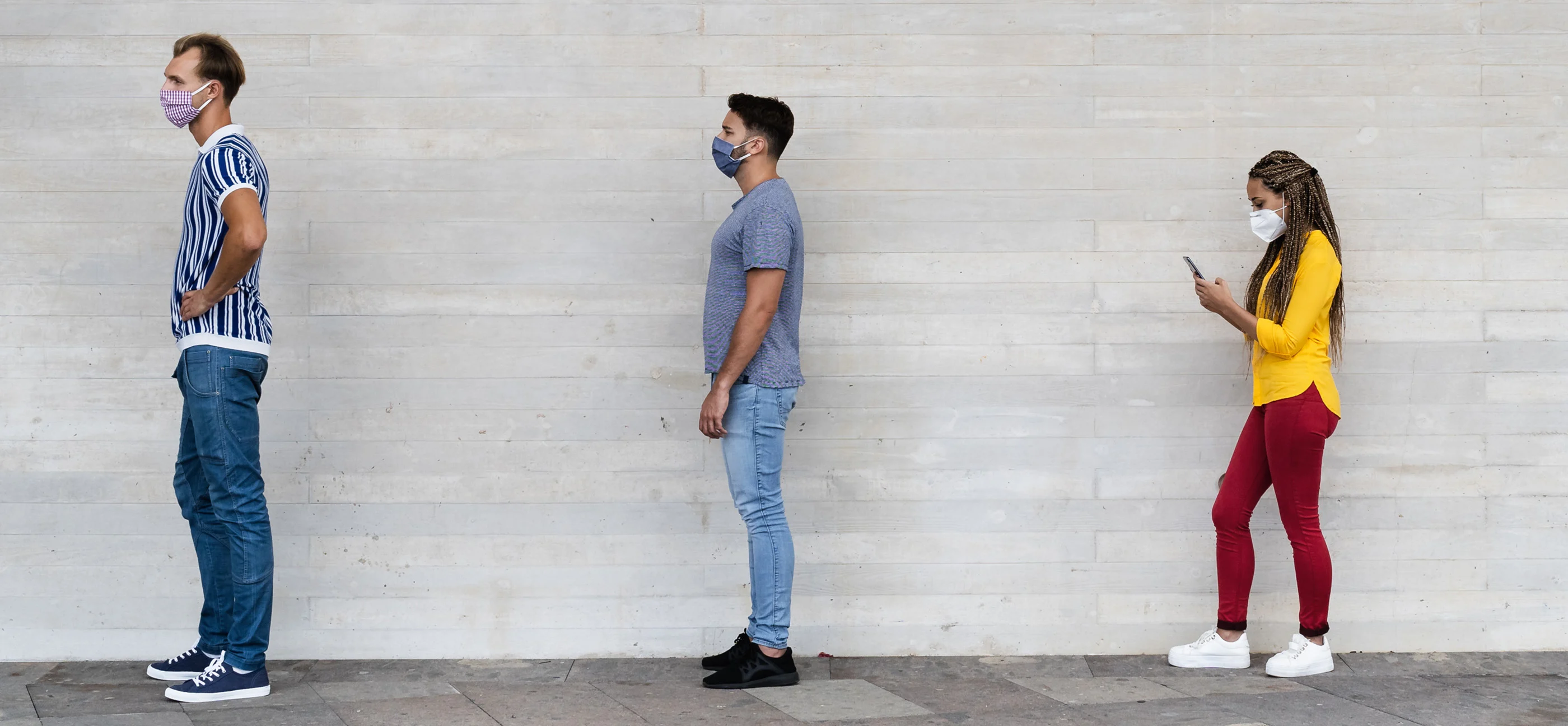
Public health officials who took to social media to push people to get the COVID-19 vaccine may have wondered if they were screaming into a void.
Over the course of the pandemic, health agencies around the world—ranging from the World Health Organization to the Center for Disease Control and Prevention—spent hundreds of millions of dollars on online advertising campaigns, aiming to encourage people to get vaccinated and to comply with other public health guidance.
But was the public listening? More important, were people taking the agencies’ advice?
To a large degree, yes, according to a new study by Michael Luca, Harvard Business School’s Lee J. Styslinger III Associate Professor of Business Administration, in collaboration with Susan Athey, the economics of technology professor at Stanford Graduate School of Business; Kristen Grabarz, a former graduate student at Harvard who is now a data scientist at Amazon; and Nils Wernerfelt, an economist at Meta, Facebook’s parent company.
In one of the largest studies of its kind, Luca and his coauthors analyzed more than 800 public health advertising campaigns that reached 2.1 billion people across the world to paint a clearer picture of how effective these online interventions are at shaping public health outcomes.
The research team found that the average campaign shifted self-reported outcomes close to 1 percent of baseline estimates, and it cost about $3.41 to influence each incremental person. Extrapolating these results to vaccination rates, the campaigns led to an estimated 7 million additional people getting vaccinated.
These results also point to the potential for broader use of social media platforms to promote other public health goals.
Tech platforms for the social good
“Business leaders should think about the broader social impact of their products and platforms,” says Luca. In his years at HBS, Luca has focused his research on, among other things, ways to tackle discrimination in online platforms, coming up with a series of recommendations for Airbnb; helping to improve the design of quality disclosure initiatives; and analyzing the effect of the pandemic on small businesses.
What we wanted to do was zoom out and say: How cost effective are these interventions as a whole?
Chatting with Facebook’s Wernerfelt near the beginning of the pandemic, Luca learned that hundreds of public health organizations were using the platform to conduct various COVID-19 information campaigns.
That conversation planted the seeds for the study. “What we wanted to do was zoom out and say: How cost effective are these interventions as a whole?” Luca says.
The power of experiments…and plenty of data
The team spent months painstakingly compiling data from Facebook, looking to create as complete a picture of the interventions being run as possible. “Being able to analyze hundreds of experiments gave us a more complete view of the impact of this type of intervention,” says Luca. Rather than looking at any one intervention, the researchers could see the average effect of all of the interventions public health organizations were running on the platform.
Using online platforms proved to be cost-effective. The authors estimate that every $5.68 spent on ads yielded an additional COVID vaccination. That price is far below Ohio’s well-publicized Vax-a-Million lottery campaign, where per-person costs were $68, and it’s lower than the $88 to $380 cost per person for flu vaccination campaigns in the US.
Along the way, the team also provided takeaways to Facebook. They helped to encourage the company to take a deeper look at its social impact, in ways that go beyond the company’s typical approach to experimentation. And, they demonstrated the value for companies to conduct their own meta-analyses, learning across the many experiments that are now run within the tech sector.
Tool could be used more broadly
The results are important for health agencies as well, in that they show online platforms provide another tool for public health officials and nonprofit leaders to use in their messaging campaigns.
“Social media can be a cost-effective way to reach people with new information,” Luca says.
Luca, who co-leads the Platform Lab at Harvard Business School, is continuing his collaboration with Athey, who directs the Golub Capital Social Impact Lab at Stanford, and Wernerfelt, who is leaving Meta to start a job as an assistant professor at Northwestern University this summer. The team plans to continue exploring ways to leverage social media to have a positive social impact.
You Might Also Like:
Why We Still Need Twitter: How Social Media Holds Companies Accountable
When Design Enables Discrimination: Learning from Anti-Asian Bias on Airbnb
Feedback or ideas to share? Email the Working Knowledge team at hbswk@hbs.edu.
Image: iStockphoto/Alessandro Biascioli